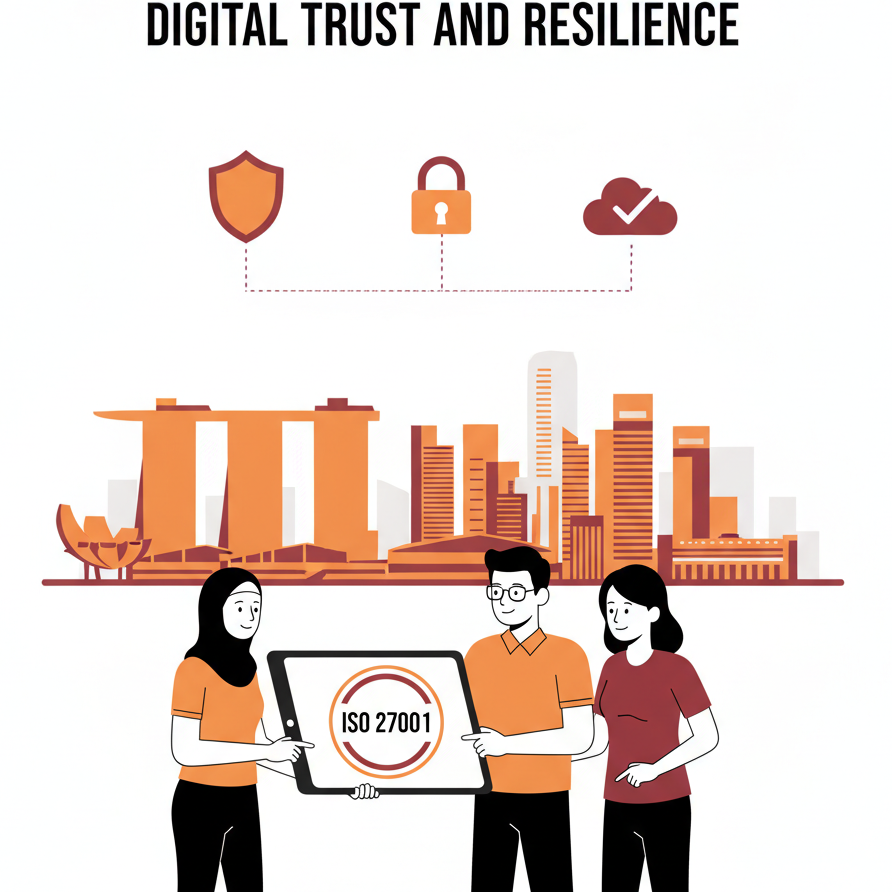Resilience is more than a buzzword. Every day, businesses deal with cyber threats, new regulations, and higher customer expectations. Policies alone can’t keep your operations safe so you need clear systems to protect information, manage risks, and build trust.
ISO 27001 gives you a clear framework that does more than just meet compliance rules. It helps you spot weaknesses, track risks, and keep improving your processes.

(Image Source: Google Gemini)
Why Resilience Matters the Most Today
Many industries, such as finance, healthcare, and technology, operate under strict regulatory standards. At the same time, they must remain competitive in regional and global markets. And any disruption from a cyber incident or operational failure can have significant financial and reputational consequences.
ISO 27001 certification helps businesses move from reacting to problems to taking a proactive, organized approach. It guides you to assess risks, put controls in place, and check if those controls work. This, in turn, minimizes disruptions and keeps operations running smoothly, even under pressure. Adapting in this way is what makes organizations resilient today.
How Does ISO 27001 Take Your Organization Beyond Mere Compliance?
Many see ISO 27001 certification as just a compliance step, but it offers much more.
- Structured Risk Management: The standard requires organizations to identify critical assets, evaluate vulnerabilities, and prioritize mitigation strategies. These practices create a repeatable process that allows teams to respond efficiently to incidents, like cyberattacks, system failures, or insider threats.
- Building Trust with Clients and Partners: Certification shows your stakeholders that you take security seriously. In fields like cloud services and finance, ISO 27001 can set you apart when clients choose a vendor. Trust is now a real asset that helps you keep business and find new opportunities.
- Supporting Regulatory Alignment: ISO 27001 certification complements local and international regulations. It aligns with Singapore’s Personal Data Protection Act (PDPA) and provides a foundation for global standards such as the General Data Protection Regulation (GDPR). Such consistency simplifies compliance across regions and reduces duplication of effort, particularly for organizations with multinational operations.
- Encouraging Continuous Improvement: The ISMS is about regular checks and updates. It creates a culture where improvements are ongoing, and controls grow with your business and new threats. Instead of relying on fixed policies, you get flexible systems that make your organization stronger over time.
What Does ISO 27001 Certification Cost and Is It Worth It?
Getting ISO 27001 certified takes time, resources, and planning. The costs depend on your organization’s size, complexity, and readiness. Small businesses might spend about USD 10,000 to 25,000. On the other hand, larger ones with several sites may pay USD 60,000 or more.
In Singapore, support schemes for SMEs can help cover some costs, making certification more accessible and helping smaller businesses improve their security. Plus, the return on this investment is clear and goes well beyond the upfront cost.
ISO 27001 helps prevent costly breaches, keeps your operations steady, and builds trust with regulators and clients. It also protects your organization from incidents that could hurt your revenue or reputation, and lays the groundwork for long-term resilience and a competitive edge.
Why Looking Beyond the Price Makes Sense for Your Organization
Many organizations worry about the upfront ISO 27001 cost, but the bigger issue is the cost of doing nothing. A single data breach can cause major financial loss, downtime, and long-term damage to your reputation, but ISO 27001 is a proactive step that lowers these risks and helps your organization stay ready for any challenge.
Now, is ISO 27001 certification mandatory? The answer is no. It is not required in Singapore or elsewhere, but it has become a strong expectation for clients, partners, and industry stakeholders. However, being ISO 27001 certified signals that your organization treats security and resilience as core principles rather than afterthoughts.
Beyond risk reduction, it strengthens trust, reinforces credibility, and positions your business to operate confidently in a competitive and digitally driven market.
Final Words
ISO 27001 certification is not your typical compliance milestone. It’s a framework for managing risk, keeping operations reliable, and building stakeholder confidence. Organizations that use the standard are able to create systems and processes that help them adapt, reduce disruptions, and build long-term trust.
If you run a business, focus on the value of resilience and credibility, not just the upfront cost. With ISO 27001 certification, your organization can work with confidence, keep client trust, and stay competitive.

